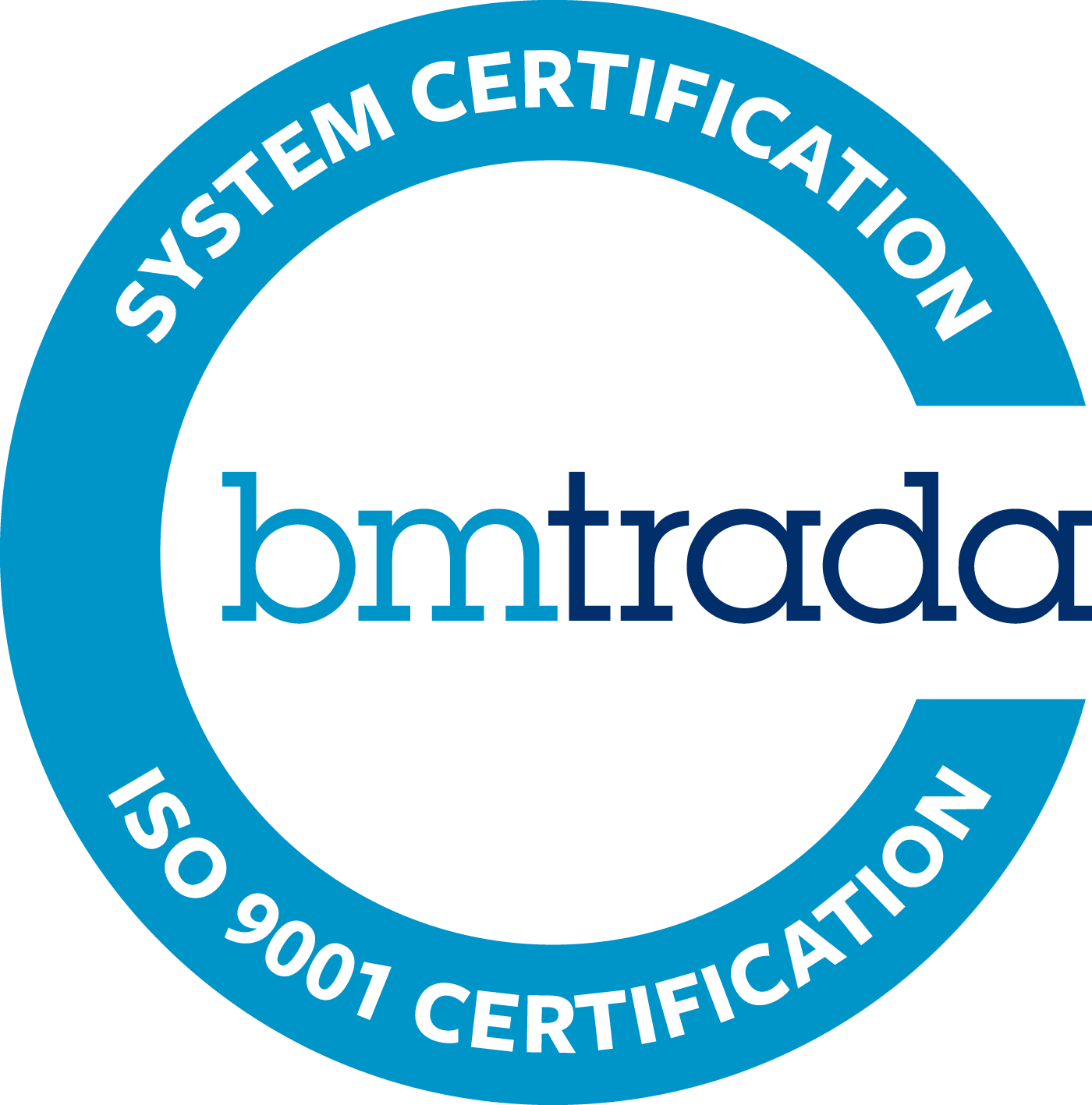Implementing positive change: How the Litmus project delivery team ensure impact through a smarter approach | Litmus Australasia
By Martin Steptoe, Project and Implementation Manager
The Litmus project delivery team take a progressive approach to everything we do. With numerous successful implementations behind us, we are always looking for innovative ways to improve the process, technology and our approach.
As a firm believer in the PRINCE2 project management methodology, learning from previous experience has always been central to how I approach client implementation, constantly striving for an improved service offering.
Throughout this article I will highlight some of the key learnings that have been developed throughout my career, ensuring an implementation process that makes genuine impact for clients.
01 | Importance of a strong project team
No project is going to be successful without the right people in the critical roles. Having positive buy-in and support from senior client management, by way of project sponsors, ensures goals are aligned, clearly defined and communicated to the wider project team.
Having clear visibility over the expected outcome and the overall importance to the organisation from the offset creates strong internal foundations to build from. Ensuring a well-planned, clearly communicated kick-off is also very important to the project as it sets the tone from then on.
02 | A collaborative approach
We start the project lifecycle in a familiar place, looking at current ways of working and building from that point. This creates a sense of familiarity for team members and allows for the overlay of an updated, more progressive approach to flow into ways of working organically. This ultimately results in improved internal buy-in and better understanding of new processes.
We understand that change can be a daunting for some people, especially those that have used the same ways of working for many years. With this in mind, we feel that a collaborative approach to any implementation is the best route forward, taking the time to assess current processes and highlighting opportunities for improved efficiencies.
Keeping site of the end goal remains front and centre of the implementation journey. Each phase of the project is signed off to ensure we are always moving towards the pre-defined objectives.
03 | No two clients are the same
We know that even though healthcare facilities may fundamentally have the same goals, such as to provide first-class care to their patients, they are unlikely to operate in exactly the same manner.
From experience, we have found that some hospitals recruit their locums centrally, while others are managed by individual departments. Our project delivery methodology includes a thorough scoping phase whereby we take the time to discover how our clients currently do things.
We never base recommendations on assumption. Once the scoping phase is complete, we generate a full report to share back with our clients, working collaboratively to define objectives. This then allows us to analyse the “As is” vs. “To Be”, highlighting some of the potential challenges that may be faced, while also providing some quick wins.
04 | Closing our projects
A project by its very definition must have an end point. That said, I always feel that for us this is not a case of handing over to the client and walking away. The project stages; scoping, investigation, system/process design and implementation all form part of a process that will reach an end point, but we are ultimately looking to form strong, long-lasting partnership with our clients.
Litmus Workforce Solutions exists to support clients far beyond the project close, through regular meetings, consultancy services and future projects to further improve processes and generate even greater cost savings and efficiencies.
To find out more: martin.steptoe@litmus-solutions.com





